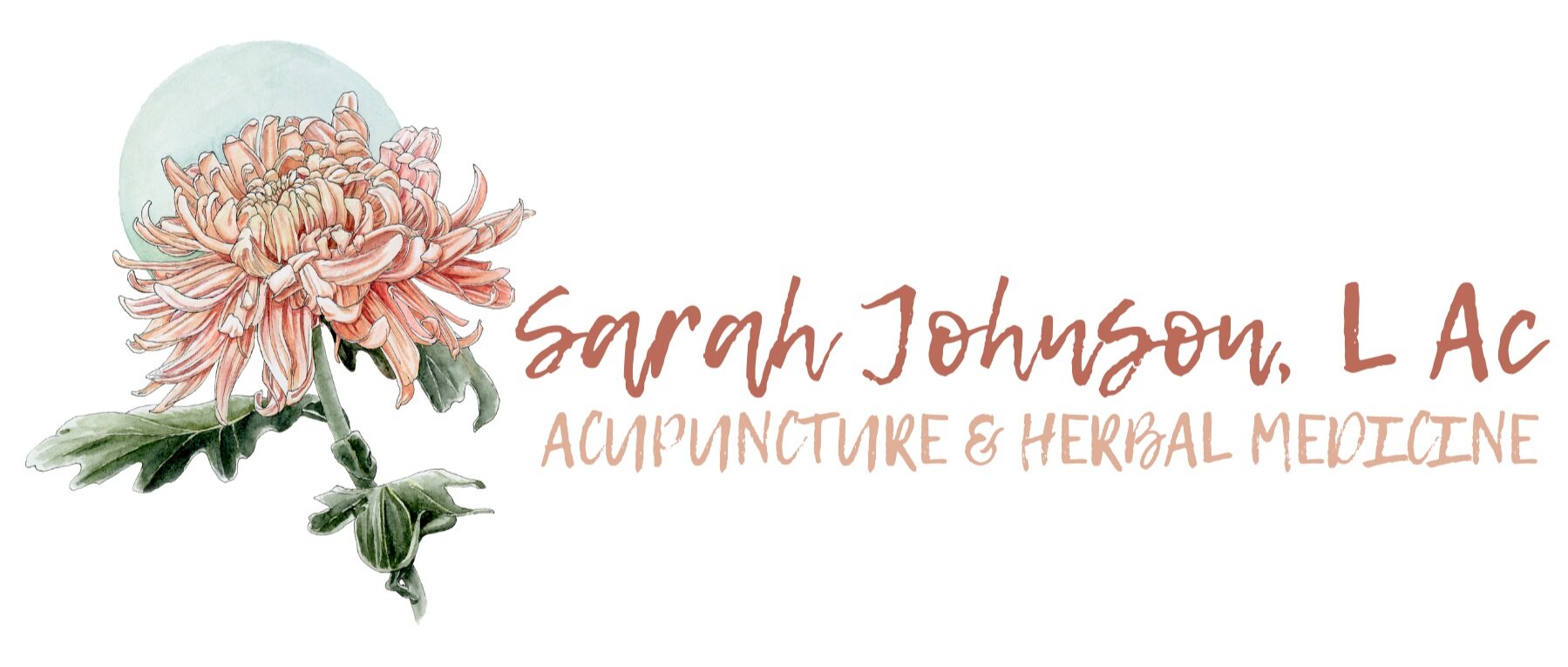Acupuncture for Hashimoto's & Hypothyroidism
Hashimoto's Thyroiditis is an autoimmune disease which causes the body's immune system to attack the thyroid, a butterfly shaped gland which is located at the front of your neck and has the important job of producing the hormones that control metabolism. Hashimoto's is related to hypothyroidism, a condition in which the thyroid doesn't produce enough hormones for your body's needs.
This will affect the way your body uses energy so it is related to many actions including heart rate, temperature, weight, breathing, and a bunch of other bodily functions. Symptoms of an under active thyroid gland may be mild at first and can include:
- Fatigue
- Weight Gain
- Body Feels Cold
- Dry Skin
- Hair Loss or Thinning
- Depression
- Constipation
- Difficulty Getting Pregnant
- Muscle and Joint Stiffness and Pain
- Irregular or Heavy Menstruation
- Voice Hoarseness
- Pale or Puffy Face
- Lowered Libido
Hashimoto's may be detected when inflammation of the thyroid causes the neck to appear swollen. This is called goiter. Hashimoto's is treated with the administration of thyroid hormones which will take this swelling down and help to level out hormone imbalances so that your body has the tools it needs to function properly. Traditional Chinese Medicine (TCM) is beneficial in helping symptoms of an under active thyroid and can also help women achieve pregnancy. It should be used along side conventional medicine or it can be used alone in sub-clinical instances of a low functioning thyroid. This means that you might be experiencing symptoms resembling Hashimoto's or hypothyroidism, but blood tests show your thyroid to be producing hormones within the normal range.
According to TCM, problems of the thyroid gland generally fall into a category of an imbalance of the Yin and Yang energies. Yin-Yang theory is a fundamental concept based on the construct of two polar compliments and is used in the diagnosis and treatment of different patterns of systemic imbalances within the body.
Main Aspects of the Yin-Yang Relationship
- Yin & Yang are Opposites: All things have two facets, a Yin aspect and a Yang aspect. Time can be divided into day and night, species into male and female, temperature into hot and cold, weight into light and heavy, and so on. These qualities are opposites, yet they describe relative aspects of the same phenomena, and exist in relation to one another.
- They are Interdependent: Nothing is totally Yin or totally Yang. Just as a state of total Yin is reached, Yang begins to grow. Yin contains the seed of Yang and vise versa. They constantly transform into each other. For Example: no energy without matter, no day without night. The classics state: "Yin creates Yang and Yang activates Yin". These aspects are never static but in a constantly changing balance.
- Mutual Consumption of Yin & Yang: Relative levels of Yin Yang are continuously changing. Normally this is a harmonious change, but when Yin or Yang are out of balance they affect each other, and too much of one can eventually weaken (consume) the other. Harmony means that Yin and Yang proportions are relatively balanced.
- Inter-transformation of Yin & Yang: This idea is a formula for the nature of organic process. One can change into the other, and when it does so harmoniously, it will happen when the time is right. For example: Spring only comes when winter is finished. Yin and Yang are always subtly supporting, repairing, and transforming into each other. This constant transformation is the origin of all change.
General Qualities of Yin & Yang
Yin & Yang Relating to the Body
Clinical signs and symptoms can be interpreted via Yin & Yang theory as well. When Yin & Yang are communicating harmoniously there won't be symptoms to observe. When an imbalance is present, you'll start to experience physical symptoms. For example, Yin is cool and heavy in nature and it helps to anchor Yang which is warm and ascending (heat rises, right?). When there isn't enough Yin to hold the Yang in place, someone might experience hot flashes, flushed face, headache, high blood pressure, irritability, anxiety, or insomnia. These are heat symptoms. Conversely, if Yang is deficient and fails to warm and activate Yin, you would probably see symptoms including weight gain, fatigue, depression, edema, cold limbs, and a pale face. These are considered cold symptoms. Notice that many of these symptoms are associated with an over-active or under-active thyroid?
This is a broad and basic description of Yin & Yang in TCM, and an acupuncturist would further diagnose imbalances in specific organ systems and assist in correcting them using acupuncture, herbal medicine, and nutrition.
Acupuncture can be very helpful in treating Hashimoto's and other autoimmune diseases and can help you to achieve some of your health goals. Contact Sarah Johnson L. Ac. or a licensed acupuncturist in your city to schedule an appointment.



